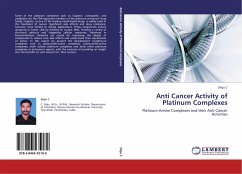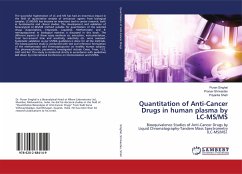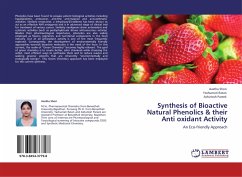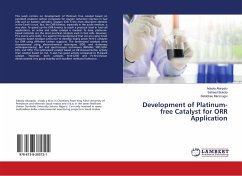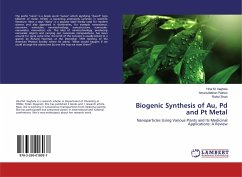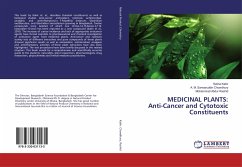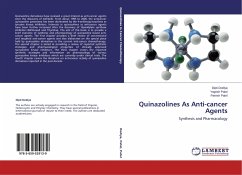Some of the platinum complexes such as Cisplatin, carboplatin, and oxaliplatin are the FDA-approved members of the platinum anticancer drug family. Cisplatin, as one of the leading metal-based drugs, is widely used in the treatment of cancer. Significant side effects and drug resistance, however, have limited its clinical applications. These compounds induce apoptosis in tumor cells by binding to nuclear DNA, forming a variety of structural adducts and triggering cellular responses. Advances in biocoordination chemistry are crucial for improving the design of compounds to reduce toxic side effects and understand their mechanisms of action. In this report we present the development of platinum complexes such as platinum(II)-amine complexes, platinum(IV)-amine complexes, multi nuclear platinum complexes and some other platinum complexes as anti-cancer agents, with the purpose of providing an insight into the benefits of, and reasons for, their success.
Bitte wählen Sie Ihr Anliegen aus.
Rechnungen
Retourenschein anfordern
Bestellstatus
Storno

